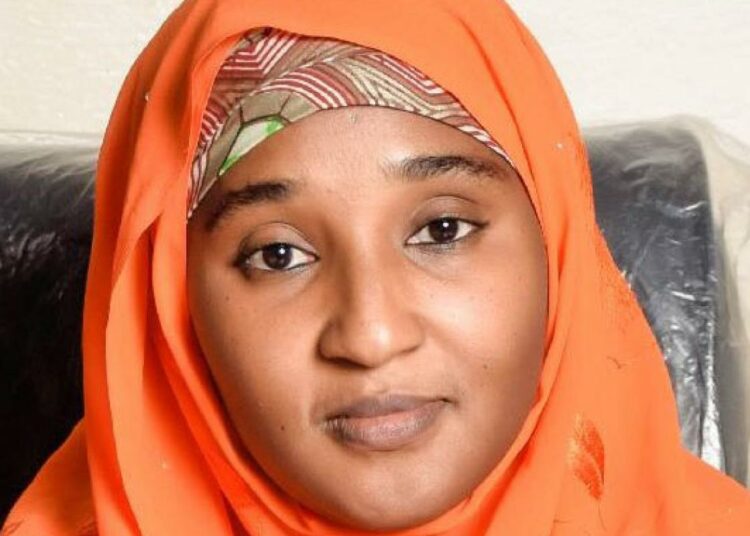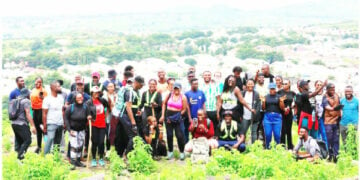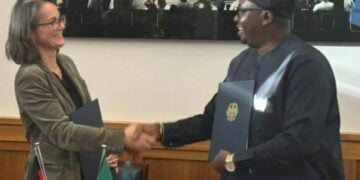Minister of State for Education, Prof. Suwaiba Sa’id, has said early marriage, poverty and insecurity continue to deny millions of Nigerian girls access to education, despite ongoing national efforts to promote inclusion and equity in the sector.
Speaking at the closing of the Kano Girls’ Education Summit yesterday at the conference hall of the Dangote Business School in BUK, Prof. Sa’id said these persistent challenges had left a significant number of girls unable to reach their full potential, and called for renewed political commitment and equitable investment in girls’ education.
The summit which was organised by Bridge Connect Africa Initiative (BCAI) in collaboration with the state government and support from Malala Fund under the Bridging Access to Girls’ Education(BAGE) project, aimed to provide a platform geared towards commitments to provide equitable education financing and service delivery for girls in Kano State.
Represented by her special adviser, technical, Umma Kulthum, the minister said, “The data remind us that too many girls in Nigeria still face barriers that prevent them from learning.
Early marriage, poverty, insecurity, cultural norms, and inadequate infrastructure continue to deny millions of our daughters the opportunity to learn.
“We must go beyond rhetoric and commit to targeted, equitable, and sustained investment in girls’ education.”
She noted that under President Bola Tinubu’s Renewed Hope Education Agenda, the federal government was implementing policies that promote inclusivity, safety and quality learning, including the World Bank–supported Adolescent Girls’ Initiative for Learning and Empowerment (AGILE) project and the recently launched LUMINAH 2030 programme aimed at educating and empowering one million underserved girls by 2030.
“When a girl is educated, she is more likely to have healthier children, earn higher income, and lift her family out of poverty,” she added.
Representing Governor Abba Yusuf, the Deputy Governor of Kano State, Comrade Aminu Abdulsalam Gwarzo, reaffirmed the state’s commitment to education —reforms, noting that Kano allocated 31 percent of its 2025 budget to education the highest in Nigeria.
He said the government’s declaration of a state of emergency on education in 2024 had led to significant improvements, including school rehabilitation, recruitment of teachers, and the adoption of the Gender-Responsive Education Budgeting Framework developed by BCAI.
“This summit is more than a ceremonial event; it is a reaffirmation of our shared vision to ensure that no girl in Kano is left behind because of poverty, distance, or cultural limitations,” Gwarzo said.
In his remarks, BCAI’s Executive Secretary, Sani Muhammad, described the summit as a milestone in the state’s education reform, praising the partnership with the Malala Fund and the state government for advancing accountability and equity in education financing.





